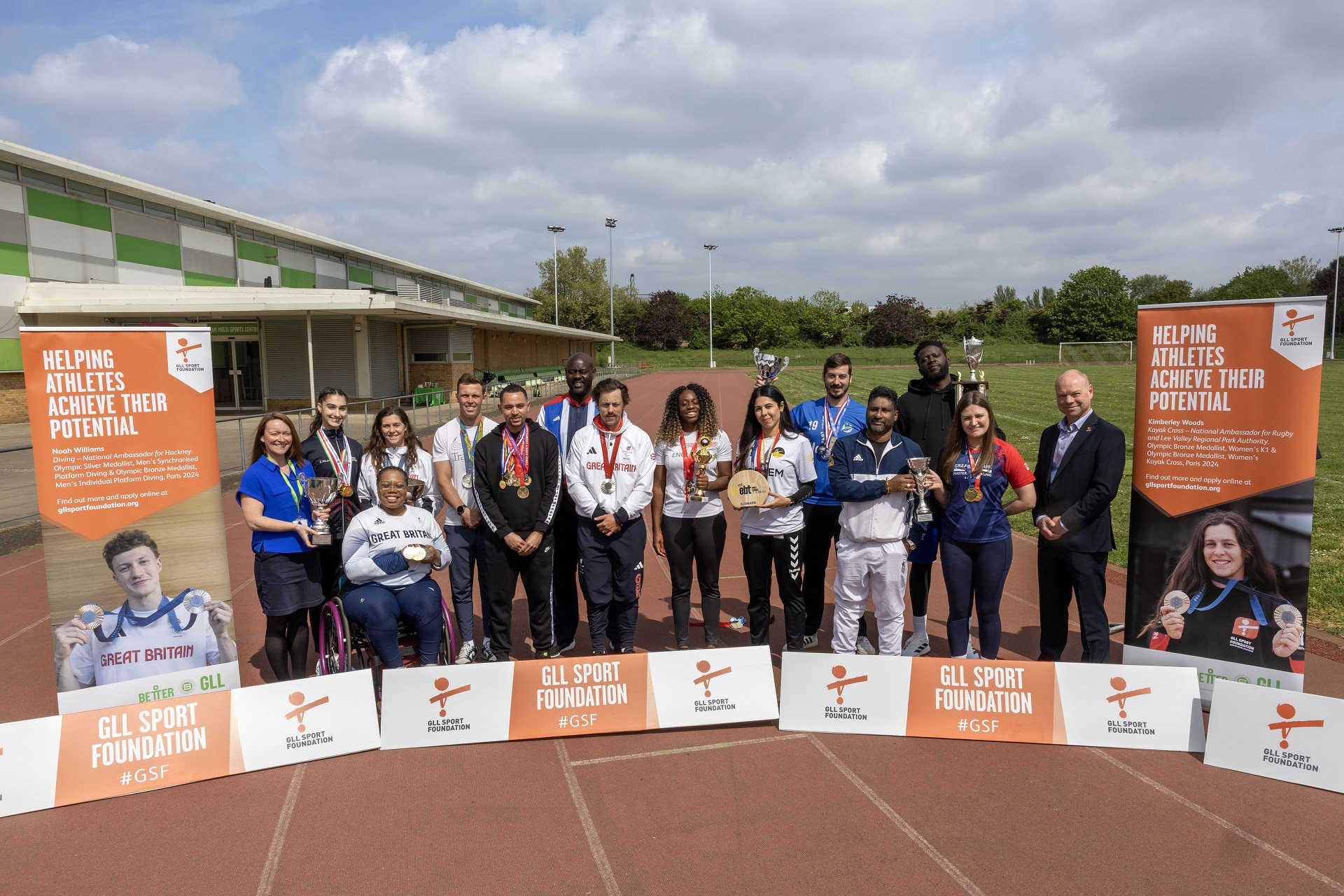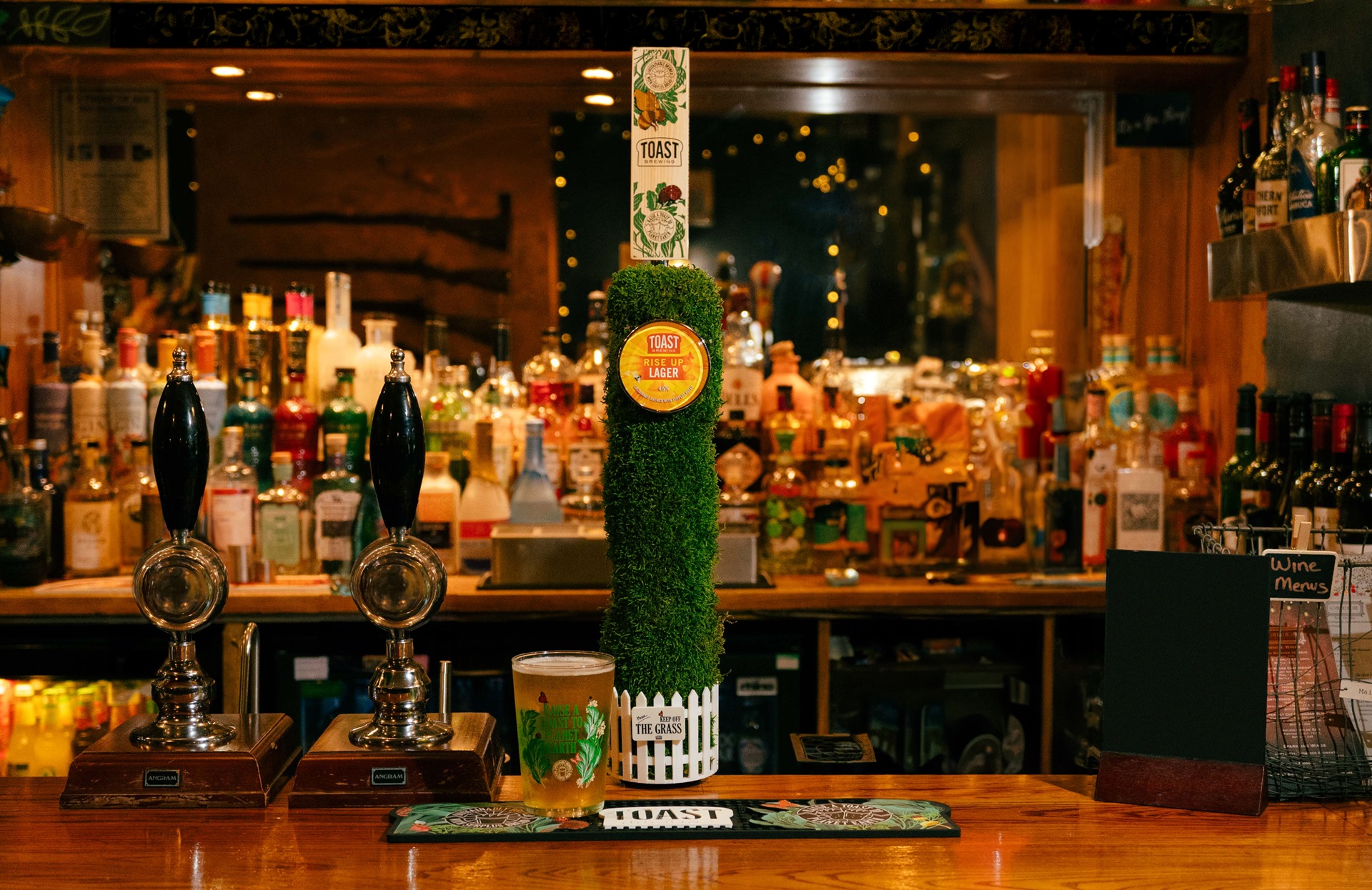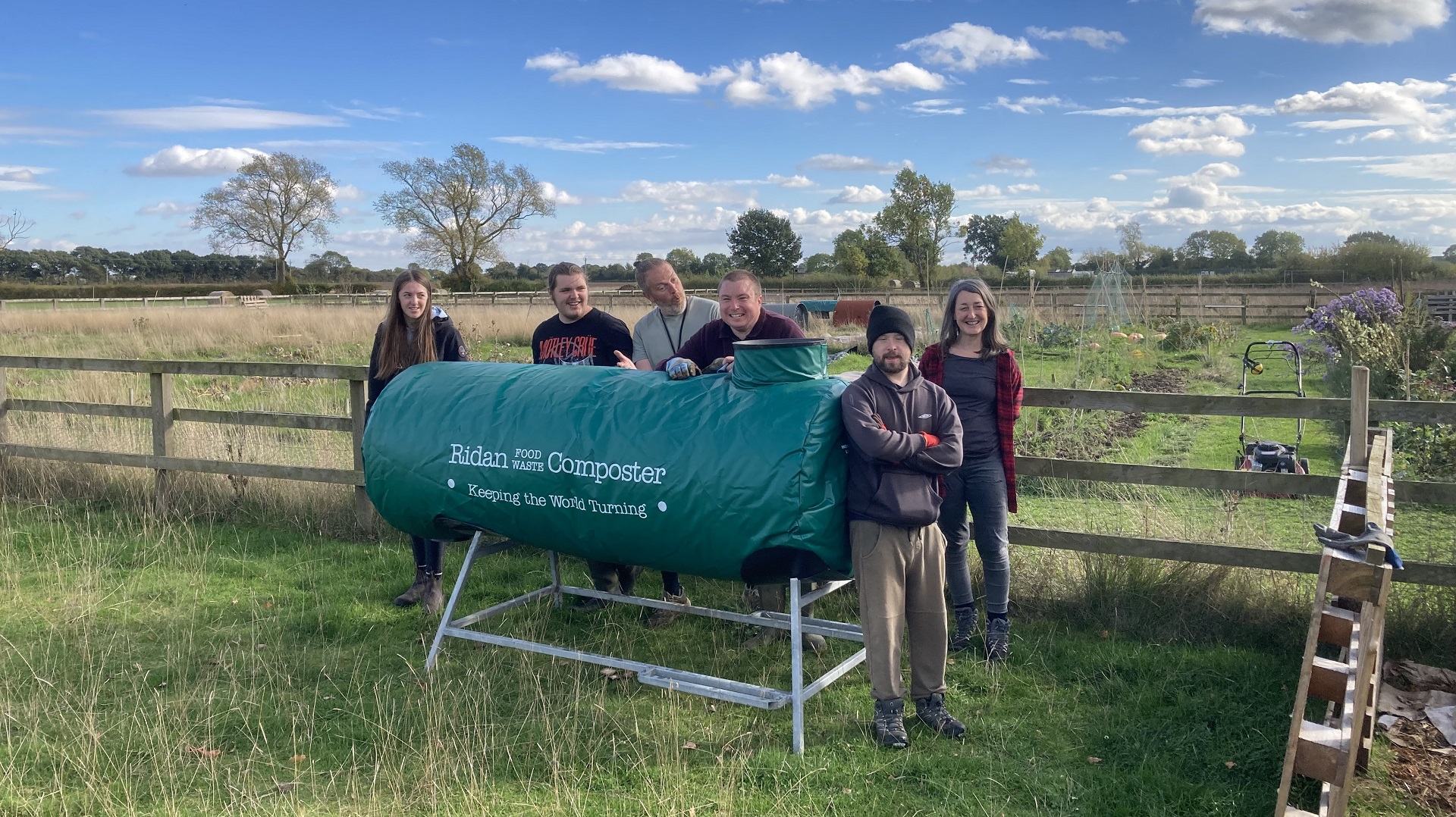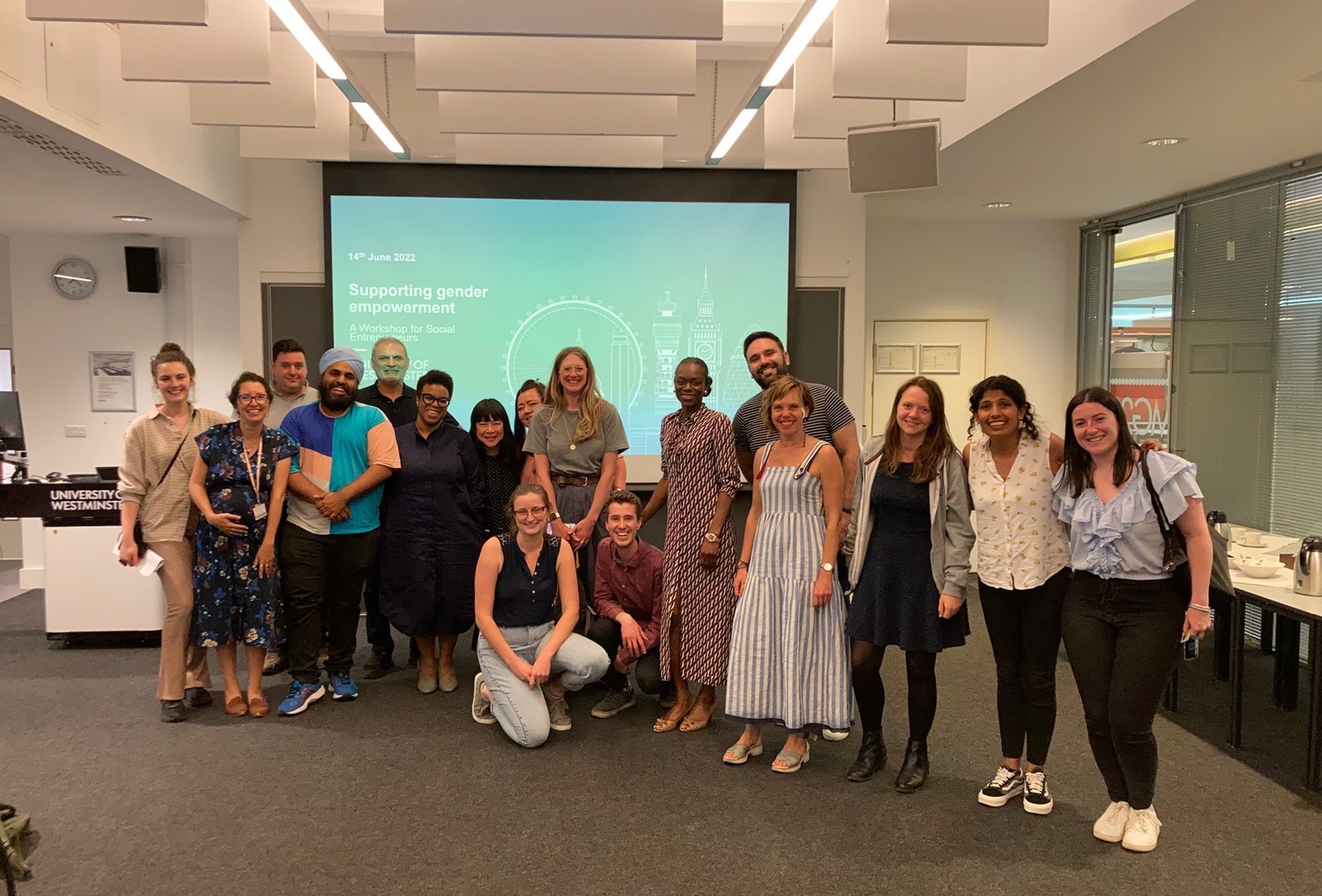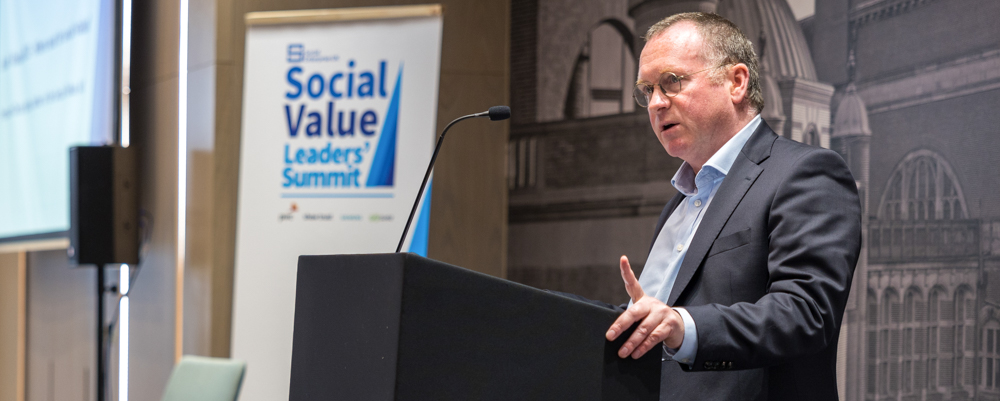
Member updates
Cockpit launches ecommerce shop – The first Cockpit edit drop will feature 35 leading makers
Launching this September, award-winning social enterprise and maker studio Cockpit presents The Cockpit Edit, a new ecommerce platform with a curated selection of work from leading artist-makers based across Cockpit’s studios in Bloomsbury and Deptford. Design-led work will feature for the first eight weeks, with 35 makers in the spotlight. Collectors and craft lovers alike will have the opportunity to discover and purchase more than 80 unique pieces directly from the charity’s online shop, with insights into the individual makers and their practice. Works will be available to purchase from 15 September, aligning with London’s annual celebration of international design, London Design Festival. Each item in The Cockpit Edit design edition has been hand-picked and represents the very best of Cockpit. Featured craft disciplines include ceramics, glass, fine jewellery, leather, textiles and weaving, woodturning, printmaking, and contemporary sculpture. Prices start from £45. Cockpit CEO Jonathan Burton says: ‘We’re delighted to launch this new initiative and share some of the exceptional work that Cockpit’s makers create each month. It creates an opportunity for the wider public to access new work directly and for Cockpit to extend our support for our maker community, creating a new sales channel.’ This is the first in Cockpit’s planned series of ecommerce drops, with a holiday gifting edit to follow in mid-November 2025, featuring hand-selected gifts available ahead of the festive season. shop.cockpitstudios.org (from 15 September) About Cockpit Cockpit is a centre of excellence in contemporary craft and one of the top 100 UK social enterprises on the NatWest Pioneers Post SE100 Index for over a decade. For nearly 40 years, Cockpit has nurtured and supported craftspeople at the fragile, early stages of their careers, equipping talented makers with the tools they need to succeed creatively and commercially. The UK’s only incubator for craft businesses, Cockpit is home to a community of over 175 independent creative businesses – metalsmiths, jewellers, weavers, woodturners and ceramicists – at two London locations. Thanks to funded studio space and in-house business support and coaching, Cockpit makers thrive, with many going on to become international leaders in their fields. Bridging the gap between talent and opportunity, Cockpit’s education and careers programmes open pathways into creative employment for young Londoners from all backgrounds. Cockpit received the Prove It: Social Impact Award at the 2023 UK Social Enterprise Awards and an honourable mention for the Education, Training & Jobs Social Enterprise of the Year Award at the 2024 UK Social Enterprise Awards. cockpitstudios.org
2 min

